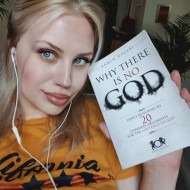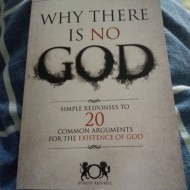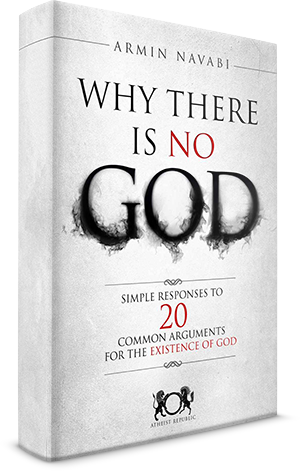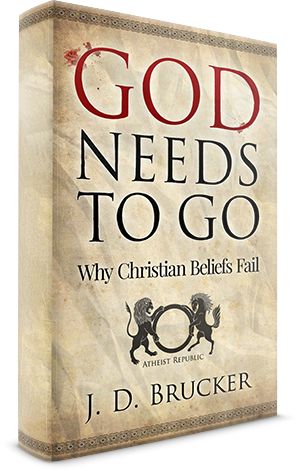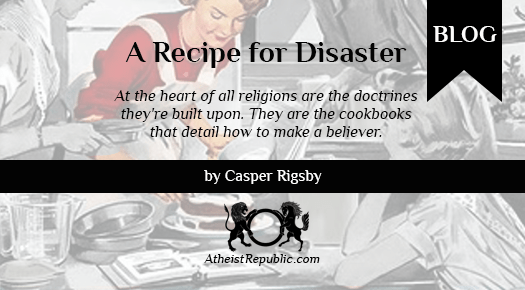
Welcome to Home Economics
I love to cook. I've been cooking since I could safely use a knife and reach a stove top. I've acted as a head chef and as a short order cook in many different restaurant settings. Anyone who's been cooking as long as I have knows that there are really two kinds of chefs. There are those who cook by the book, and there are those who are radicals in the kitchen.
Chef Gordon Ramsay isn't a radical chef because he cusses everyone out in his kitchen. He's a radical chef because he has no qualms with straying from the recipe. He adds his own flare to his cooking and isn't afraid to leave things out which he feels detract from the dish. He isn't afraid to experiment in the kitchen and to try new flavors. For a radical chef, the traditional recipe may be good but it can always be improved upon.
This makes the idea of calling religious fundamentalism "radical" an absurdity in my mind. You see, it is a misnomer to call someone who goes by the book a radical. There isn't anything radical or extreme about following a recipe. With that thought in mind I am drawn to label those normally called moderates as the true radicals when it comes to religion. These are the people willing to stray from the recipe and to change that recipe so it might be more palatable for all.
Cooking with Abraham
If we allow for this analogy we can say that there are three different cookbooks offered by the Abrahamic school of thought. These different schools all have their own cookbooks. For Judaism we have the Torah and a follow-up offering called the Talmud. For Christianity we have the bible, and for Islam we're given the Quran.
Now, if we go by any one of these cookbooks exactly as the recipe calls for, then what we have is a recipe for disaster. You can't make something decent using the recipes given. If you want to make something palatable you'll have to modify the recipe. You have to leave out ingredients such as stoning people to death, discrimination against homosexuals and others, and many other immoral and detrimental ingredients. You have to find all the best tasting ingredients like love and compassion and make them the star flavors of the dish.
This is what the true religious radicals do. We call them moderates because they don't offer us terrible dishes, but rather something more palatable and acceptable. We think the fundamentalists extreme simply because they follow the recipe and in turn only have something vile and not worthy of consumption to offer. In doing this we obfuscate what it is to truly be a radical and offer extreme ideas. The idea of homophobia is not radical or extreme to the doctrines of the Abrahamic religions. It is taken directly from the recipe in the Abrahamic cookbooks. What is radical and extreme are those who claim to hold to these religions, yet refuse to simply serve up the same old dish of hatred and injustice that so many before them have served us. Even they have grown sick of the taste of that dish and have decided that the recipe needs to be changed.
Ramsay's Kitchen Nightmares
I've watched enough episodes of Ramsay's Kitchen Nightmares that my wife is sick to death of the show. She loves Gordon as much as I do, but she's grown tired of seeing the same problem over and over again. You see, in almost every episode it is a stubbornness and unwillingness to change that has made these restaurants incapable of sustaining themselves. A stagnation of menu variety or atmosphere may be killing the business. A stagnation of staff and owner enthusiasm may have caused a lack of attention to detail including cleanliness. In nearly all these cases this forces Gordon to pressure these owners to either adapt and grow or wither and die in their own stagnation.
We see this same attitude with religion. They have grown stagnant yet in their stubbornness refuse to change. Because of this we are seeing a mass exodus from organized religion. On the face of it, this may seem a good thing for the secular and atheist communities, but really it isn't that good for us at all. You see, as the religious radicals that denounce the fundamentalists and would work towards reform actually leave the flock so to speak, so too their ability to influence others is lost from the flock as well. In turn this leaves us with the most ardent supporters of fundamentalism as the remaining opposition. These people are in it for the long haul and they aren't easily swayed by outside parties towards reform.
Religion will not die overnight. We won't go to bed and wake up one morning in a world devoid of religion. It is dying, but it still has a lot of fight left in it. If we are to succeed we must understand that we need religious radicals who are willing to change the recipe. Because as these radicals offer a new age of enlightenment to the believers, the draw toward religion will die out even quicker. The supposed need for religion will become less and less. But the greatest tool to accomplish this will not be us pounding on the doors of churches, but rather it is the man on the inside who urges the others to open those doors and hear what we have to say.

